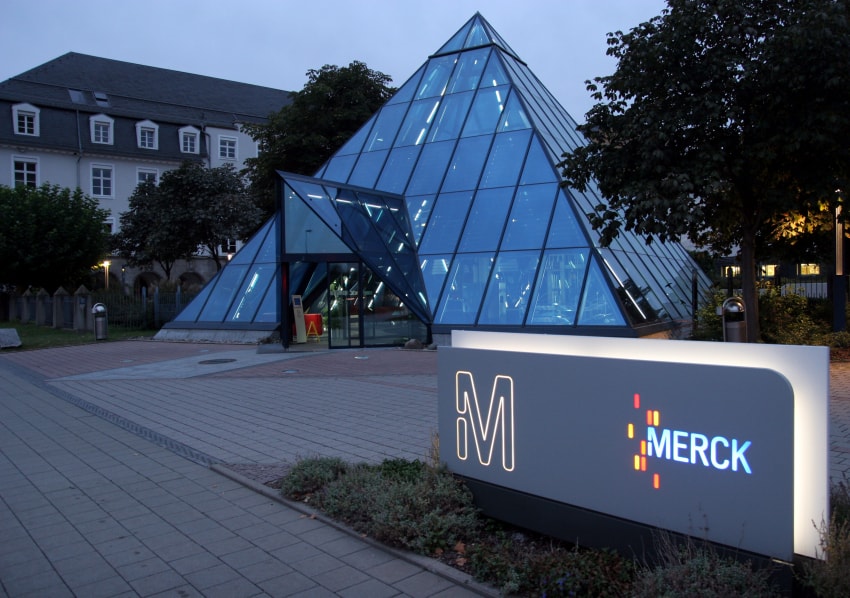
Merck licences new MS drug
pharmafile | September 19, 2011 | News story | Research and Development | Cladribine, Merck KGaA, Merck Serono, PI-2301
Merck KGaA has in-licensed a new multiple sclerosis drug and aims to start it in phase II studies later this year.
Merck has acquired exclusive worldwide rights to PI-2301, an experimental drug for multiple sclerosis, which was originally developed by the US biotech firm Peptimmune.
The biotech is shedding its key drug after it was forced to file for bankruptcy in March, following its failure to secure enough finance to carry on development.
PI–2301 has already completed phase Ib in MS and is now ready to initiate phase II clinical trials.
Merck already markets the injectable MS drug Rebif and said the acquisition of PI–2301 “covers its worldwide exclusive development and commercialisation rights”, but did not reveal financial details of the deal.
The German firm will hope its newly licenced drug will yield better results than its oral MS drug cladribine, which was scrapped after it failed to reach the market earlier this year.
Susan Herbert, head of global portfolio development at Merck Serono, said: “Over the years we have continuously worked on developing innovative treatment options that meet the individual needs of people living with multiple sclerosis.
“We are pleased to strengthen our development pipeline with the PI-2301 compound, which could play a valuable role in the treatment of this debilitating disease,” she added.
Second-generation form of Copaxone
PI-2301 is a second-generation form of Teva’s Copaxone, a peptide copolymer, which is thought to enhance the regulatory response of the immune system.
But Merck’s newly-acquired candidate will have to prove greater efficacy than Copaxone. The brand made $3.3 billion last year, but it is already fighting generic contenders in the US, where it is due to lose all patent protection 2014.
If a much cheaper form of the drug is available with similar efficacy, then Merck will have a tough time selling its more expensive branded treatment to doctors.
So concerned were Peptimmune that last year it filed a citizen petition requesting that the FDA not approve any application for a generic version of Copaxone.
Merck will also find itself in a crowded market that also includes Novartis’s oral MS drug Gilenya (fingolimod), which was approved in the US and Europe earlier this year and is expected to make peak annual sales of around $2.5 billion.
Currently its nearest challenger comes from Sanofi’s oral MS drug Lemtrada (alemtuzumab), which is expected to be filed for approval n the US and Europe in mid-2012.
Ben Adams
Related Content

Exscientia enters AI drug discovery collaboration with Merck KGaA
Exscientia has announced a new collaboration with Merck KGaA, Darmstadt, Germany, with a focus on …

NHS England increases access to cladribine tablets for multiple sclerosis patients during pandemic
NHS England has updated the Blueteq requirements for patients with highly active relapsing MS starting …

Merck KGaA’s cancer drug Bavencio gets EU approval
The EC has approved Merck KGaA’s BAVENCIO (avelumab) as monotherapy for the first-line maintenance treatment …








